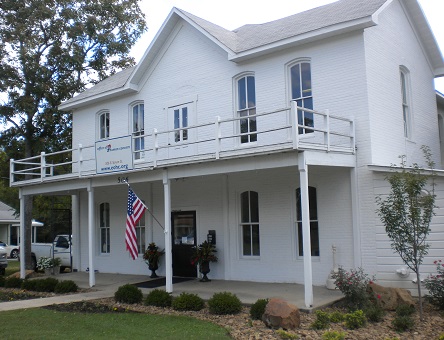Your cart is currently empty!

Blog? Forum? …A Community Page!
We’re working on a new website for a community action organization. Among the pages they know they want is something they’re thinking of as a community page. A page where people could, well, do the stuff they might do if they were to come into the office: get news about the organization, share stories, leave testimonials, post jobs, swap recipes… community stuff.
They want to leave it as open as possible, obviously. But we need to determine the type of page that will best serve their needs. However open and flexible you want to be, you don’t want to leave a note in a hollow tree if it would be better to pin it on the laundromat bulletin board.
That may be as far as physical world metaphors can take us.
Look at some options for community pages on WordPress websites:
- Blog You can set up a page as a blog. That allows you to post all sorts of news, surveys, and whatnot and lets people put whatever they like in the comments. You can easily give community members the ability to write posts and you can arrange all kinds of different post types. This is probably the most flexible option, assuming you have the tech skills to customize your page.
- Forum If the goal is mostly to encourage conversation, installing a forum like bbPress is the best plan. You’ll need at least a few dedicated participants to keep your forums lively, so you should allocate some resources to getting the forum started.
- Network If you want to take it further, you can use the native User system along with a plugin like BuddyPress or Mingle to make your page look and act a lot like Facebook or other social networks. As with so many social networks, this option will make your page look lame if people aren’t really participating, so you will have to allocate enough resources to get things going.
When deciding among these options, you should ask yourself these questions:
- What kind of content do we want to include? Our client wants to be able to put up announcements, surveys, and press releases as well as encouraging community members to add things. A forum won’t really give them the scope they want.
- How much control do we want? You can moderate any of these types of pages and all kinds of posts, but a forum that’s controlled with too heavy a hand won’t blossom into a vibrant community. You can’t make a network look just the way you want it to on the page, either. If you want complete control, a blog is for you.
- What kind of resources do we have? A forum or network may take more effort to get going, but it can keep it itself going once you reach critical mass. However, either a forum or a network will look bad if there isn’t a steady stream of input. A blog page can be designed to feature current information without dates, and can tolerate sluggish activity as long as it doesn’t look as though it’s supposed to be a daily blog.
The dream of setting up a community page and then sitting back and letting your devoted fans fill it with lots of lovely crowdsourced content is just that: a dream. You have to be prepared to take responsibility for your community page at the beginning, at least, and the beginning may last for some time. Pete Cashmore wrote everything (eight to ten articles a day) at Mashable for the first couple of years and continued to have responsibility for most of the content for five years beyond that. Your goals may be smaller, but you’ll still have to have someone looking after that community page.
Fortunately, the technology doesn’t have to be an obstacle to your dream. With custom post types and the right plugins, you can create a community page that encourages community engagement in just the way you want.
by
Tags:

Leave a Reply